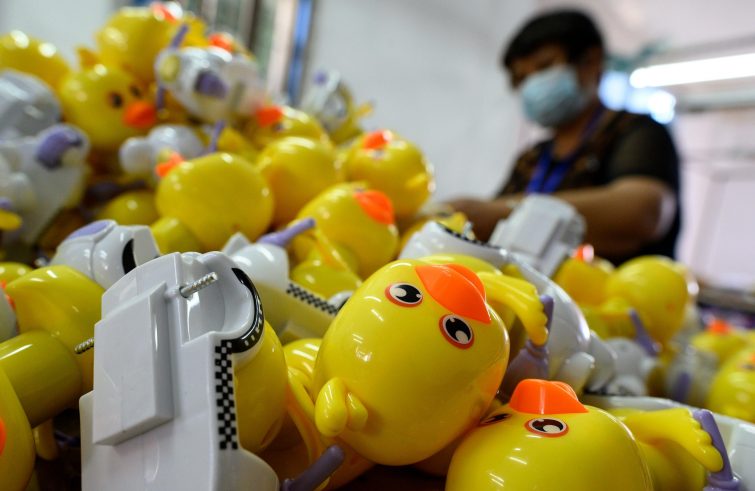
What would happen in China if part of the country’s population (1.4 billion people) could not afford to eat on a regular basis, work, or take care of itself? How many workers and companies worldwide would bear the consequences of a domestic crisis? These are extreme scenarios for the country of the dragon, whose ability to transform its growing economic power into expanding territorial influence is being eyed with increasing concern.
At the moment, no one can do without China.
Some figures. In the first six months of 2021, Chinese customs registered a global import-export trade worth $2,785 billion, with exports totalling $1,518 billion and imports amounting to $1,267 billion. Italian companies are selling extensively. In the first four months of the year, Italian exports recovered ( +55%) from the four-month period of 2020, which saw a slowdown due to the pandemic.
Beijing remains the most dynamic retail market. All European countries do a lot of business with China. Even the United States, despite being suspicious of strategically important activities, maintains a significant volume of trade.
Chinese authorities are well aware that the pace of growth cannot be reduced much, as the expectations of hundreds of millions of families have grown over the years. The success of the very rich is not tolerated by the poorest, but also by urbanised former peasants. China’s tycoons, with over a billion dollars in assets, now number over a thousand, and most of them live in urban areas.
Pressured by “his” Communist Party, President Xi Jinping is clamping down on financial gains in particular. He is preventing or restricting Chinese companies listing shares on Wall Street and compelling the new rich to devolve part of their profits to charity projects. The Evergrande case, the real estate giant that risks defaulting owing to debt woes, rattling stock markets, is interpreted as a consequence of excessive growth. The company has property development projects under way in 300 cities.
China’s buying spree is a problem. It increases raw material and maritime transport costs, since 60% is shipped in containers and Beijing handles 35% of the world’s shipments in large containers. It purchases ports: it owns Piraeus port in the Mediterranean and was eyeing the ports of Trieste and Genoa.
If China were to stop, all economies would be brought to their knees, exporters above all.
The United States don’t want strategic “Made in China” products and are opening their doors to European companies. But this may not be enough.









